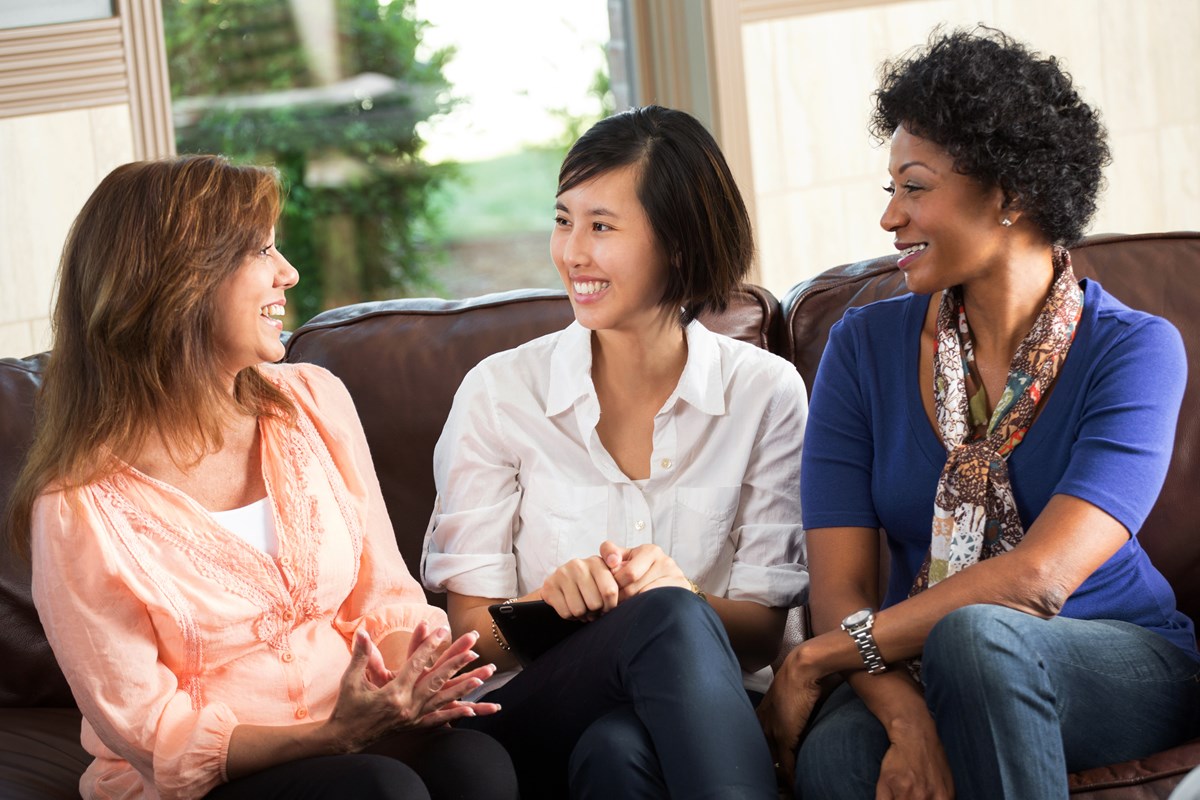When I opened about my homosexuality, the reactions from others weren’t always positive. A friend introduced me to a guy who had recently migrated from Ukraine. When he became aware of my sexuality, he was quite hostile and intolerant. He didn’t want me to be near him or make any physical contact with him. He spewed gruesome profanities and comments about homosexuals. If a leftist were in my shoes, I predict that he or she would meet fire with fire and get rid of this person from his or her life. But that is not what I did. My reaction was to extinguish this fire — to meet hate with love. I told him that I hoped I could change his mind and that we could get over each other’s differences.
My friends and I had civil conversations with him about sexuality, informed him about the struggles LGBT members face every day, and, ultimately, were able to turn him around on the issue. Now, he and I are great friends, and he now treats other gay men and women with the same level of respect and lack of prejudice.
Those on the left mostly give up on individuals like this and assume they will never change. They sometimes resort to extreme means in an attempt to eradicate similarly intolerant beliefs. Instead of walking out on an individual like this or forcing him out of our friend group, I was willing to give him a chance. I was willing to educate him about my situation, and that’s the difference. My story is not an isolated incident.
Friendship Can Make All the Difference
Davis was able to diffuse these men through compassion and conversation. Daryl Davis, a black musician, author, and actor, exemplifies a similar success story. Davis was able to befriend 200 KKK members and convince them to give up their robes. Through civil discourse and patience, Davis was able to develop a sense of empathy in these white supremacists that had been previously conditioned to hate. What he saw in these men was a possibility of change others did not. With stories like this emerging, there is no way to accurately measure the potentially large effect it could have in inspiring others to attempt the same.
Instead of being jailed or physically punished for preaching hate or holding morally outrageous views, these 200 KKK members are now rehabilitated of their bigotry. In the same way that I treated my Ukrainian friend, Davis was able to diffuse these men through compassion and conversation; together, we’ve embodied the powerful tool of education.
A contrasting attitude is one that is commonly epitomized by social justice warriors on the radical left. When individuals make a racist remark, disagree with gay marriage, or hold women to be inferior, the left’s kneejerk reaction is to punish them — to use force, the law, or even violence as a means of correcting their immoral behavior. A startling example is a bill that might pass in California which would fine or jail individuals that repeatedly use wrong gender pronouns for a transgendered individual. While solutions like these have the potential to remove unwanted behaviors from society on the short-term, it will most likely follow the same pattern as our country’s unforgiving prison system. Bigoted individuals will most likely stay bigoted. The only rational and long-term solution to removing individuals out of ignorance is to educate them — to have a conversation, learn to understand where they’re coming from or what led them to have such hateful beliefs and go from there.
Be Like Norway
Just like many on the far left are setting up bigots to fail, we’re setting up our prisoners to do the same. A convincing example of why punishment fails to correct wrong or ill-mannered behavior can be found in our country’s prison system. According to a 2014 study by the National Institute of Justice, 76.6% of U.S. prisoners were rearrested within five years of release. Outright punishment or jail time clearly does not fix criminal behavior. Now, compare this to Norway’s prison system, where the recidivism rate is as low as 20%. How do they achieve such a low level of recurring crime? The Nordic nation relies on a concept called “restorative justice,” which aims for rehabilitation of prisoners instead of retribution.
Norway’s prisons are set up as comfortable learning and social environments, where they can peacefully and constructively interact with each other while being counseled by a clinical psychologist to develop proper social behaviors. In America, when someone commits a crime, we’re quick to remove his or her full sense of freedom and treat him or her like an animal. We expect that somehow this individual will lose their unlawful tendencies when they get out. Just like many on the far left are setting up bigots to fail, we’re setting up our prisoners to do the same.
Coercion might satisfy those who want the instant gratification of cultural change, but education is the tool that transforms individuals into torchbearers that will advance the message of peaceful cooperation and social understanding for years to come. Teaching empathy might be harder than getting rid of those who lack it, but short-term solutions are usually long-term problems. In almost all tension-ridden social circumstances, we must choose education over force, because the former is not only more sustainable and effectual, but also more humane.

